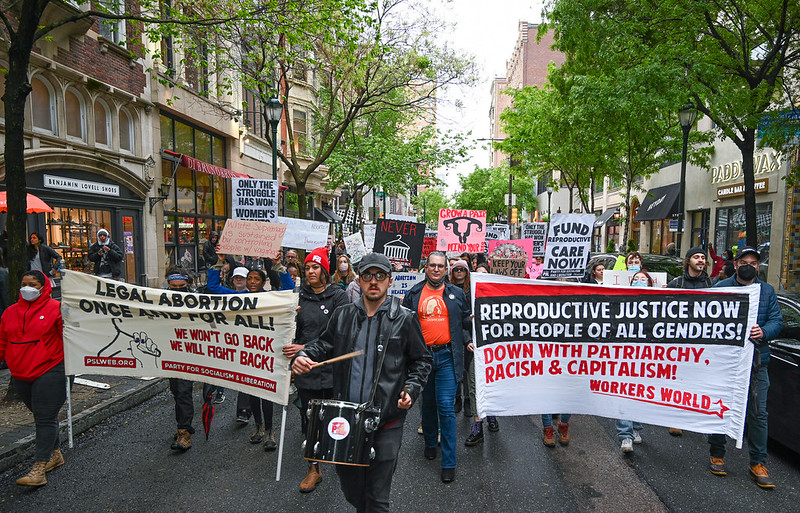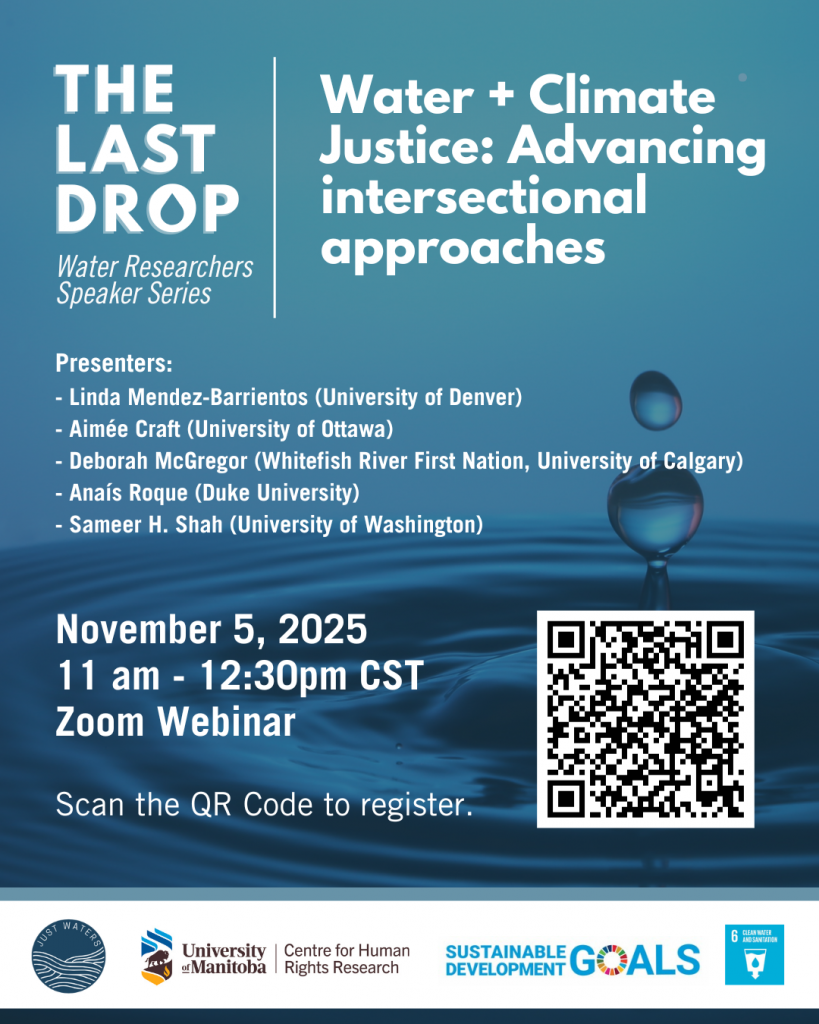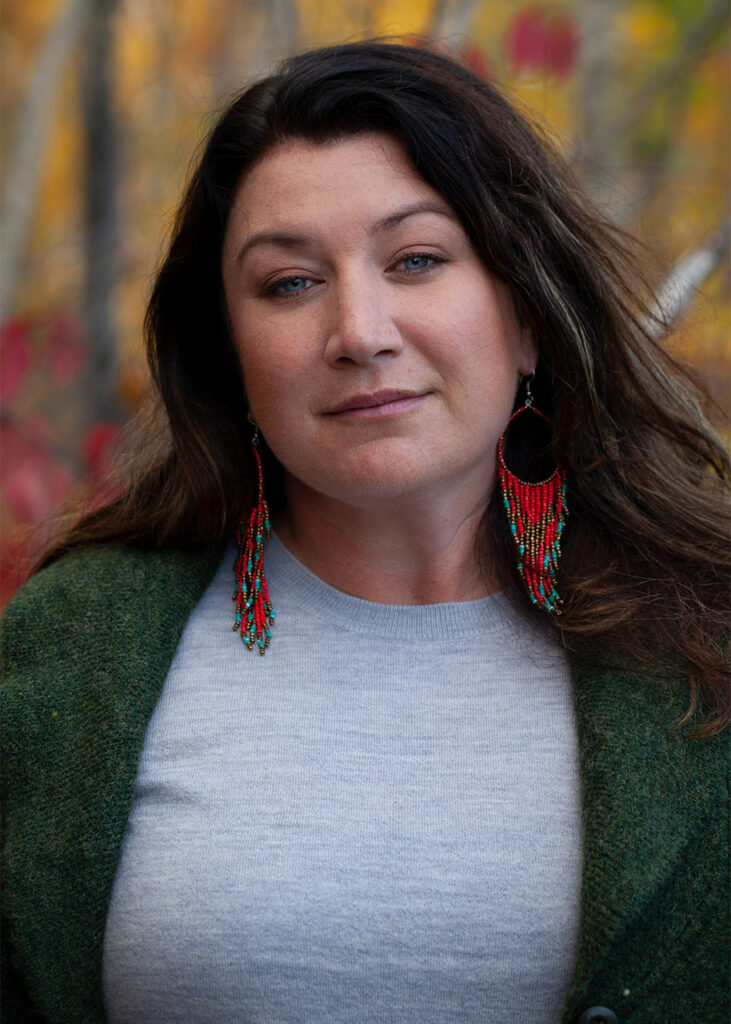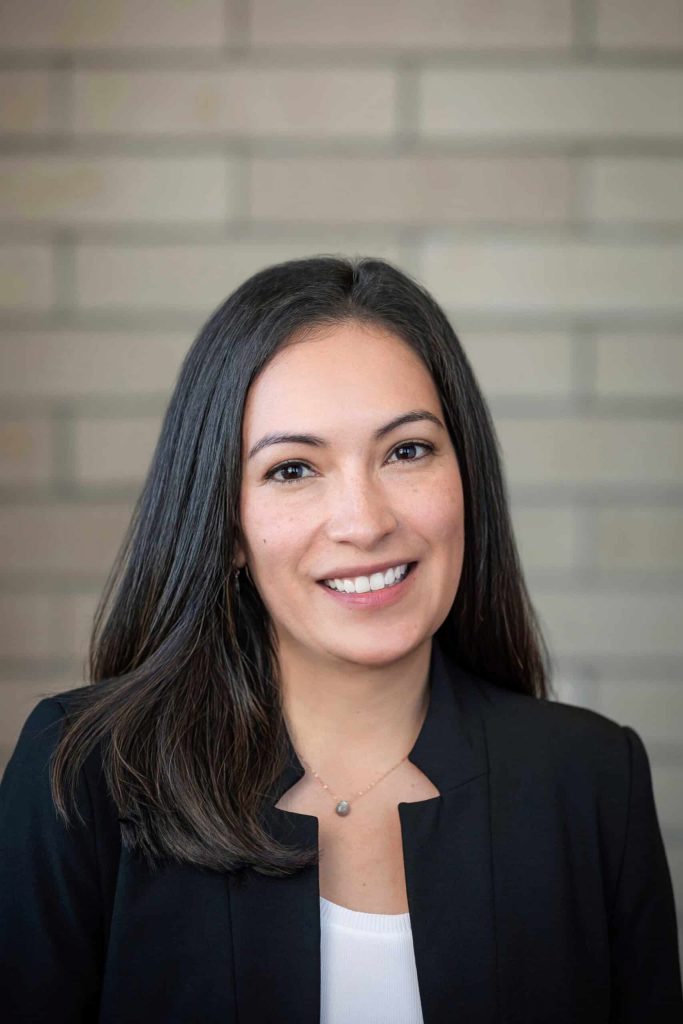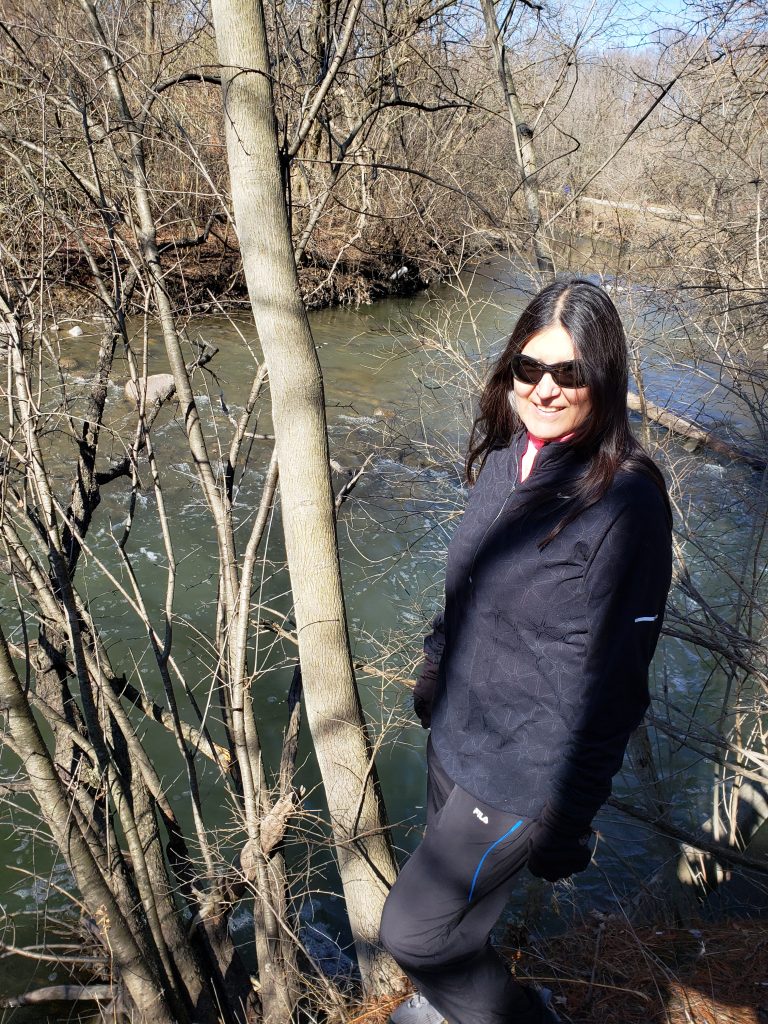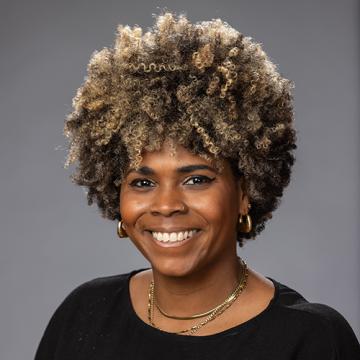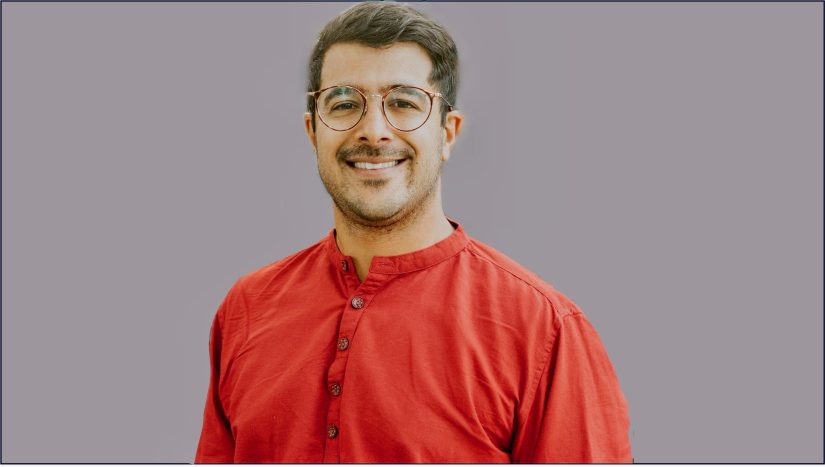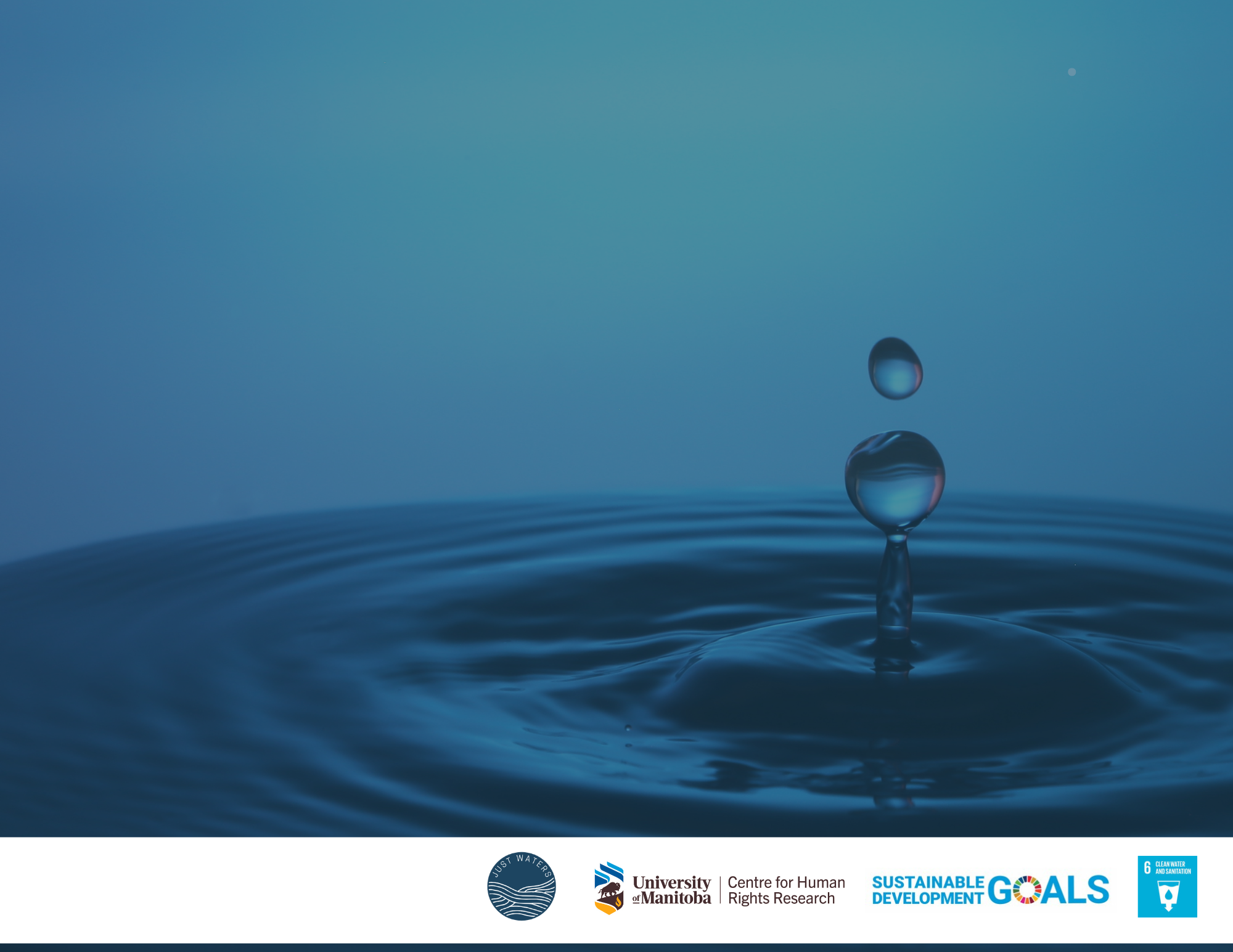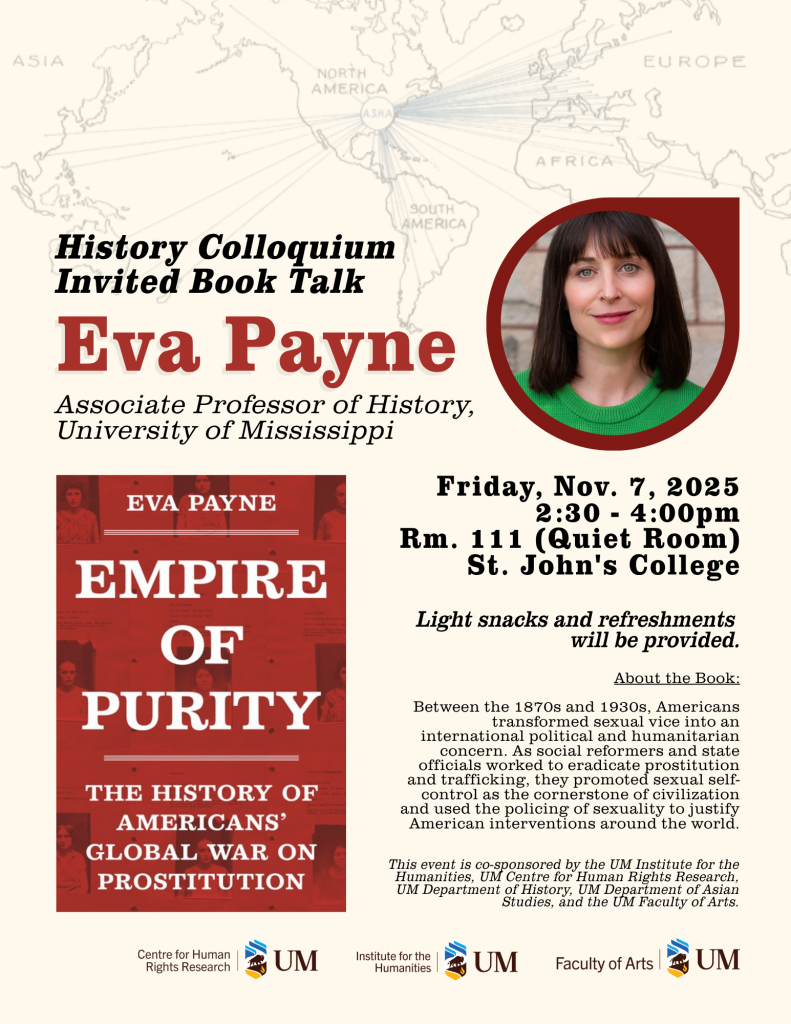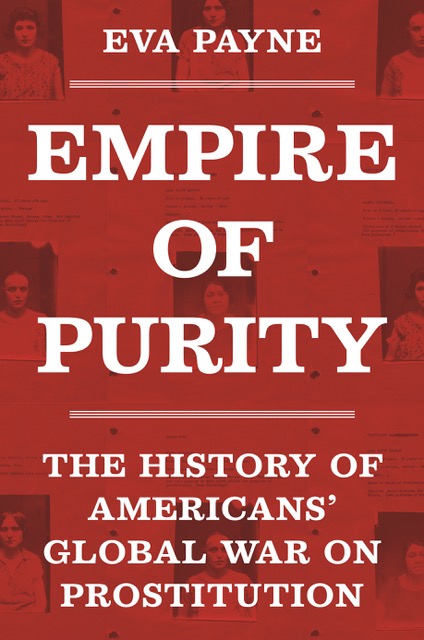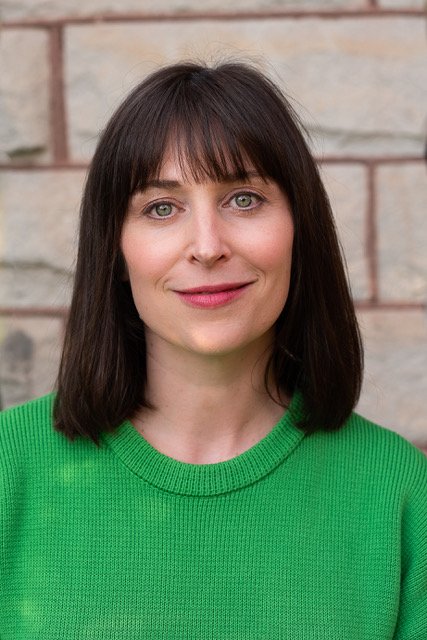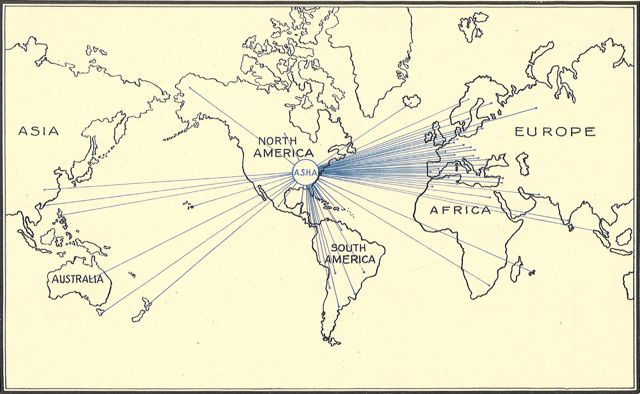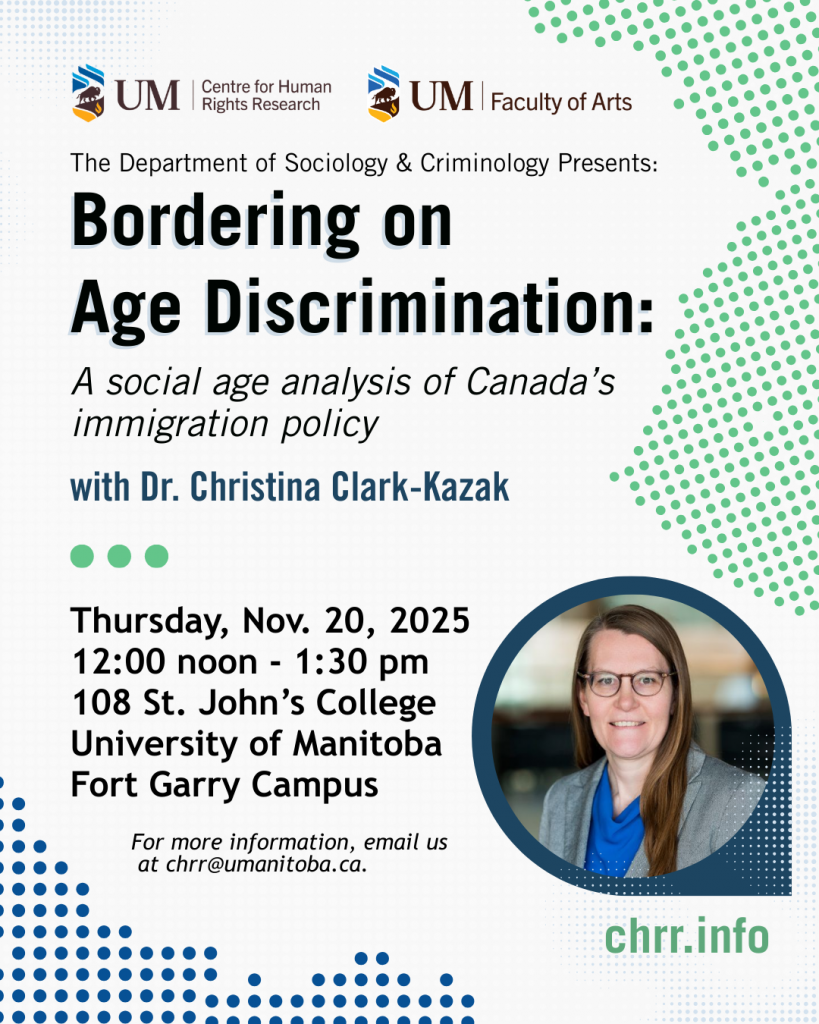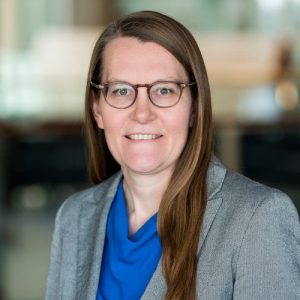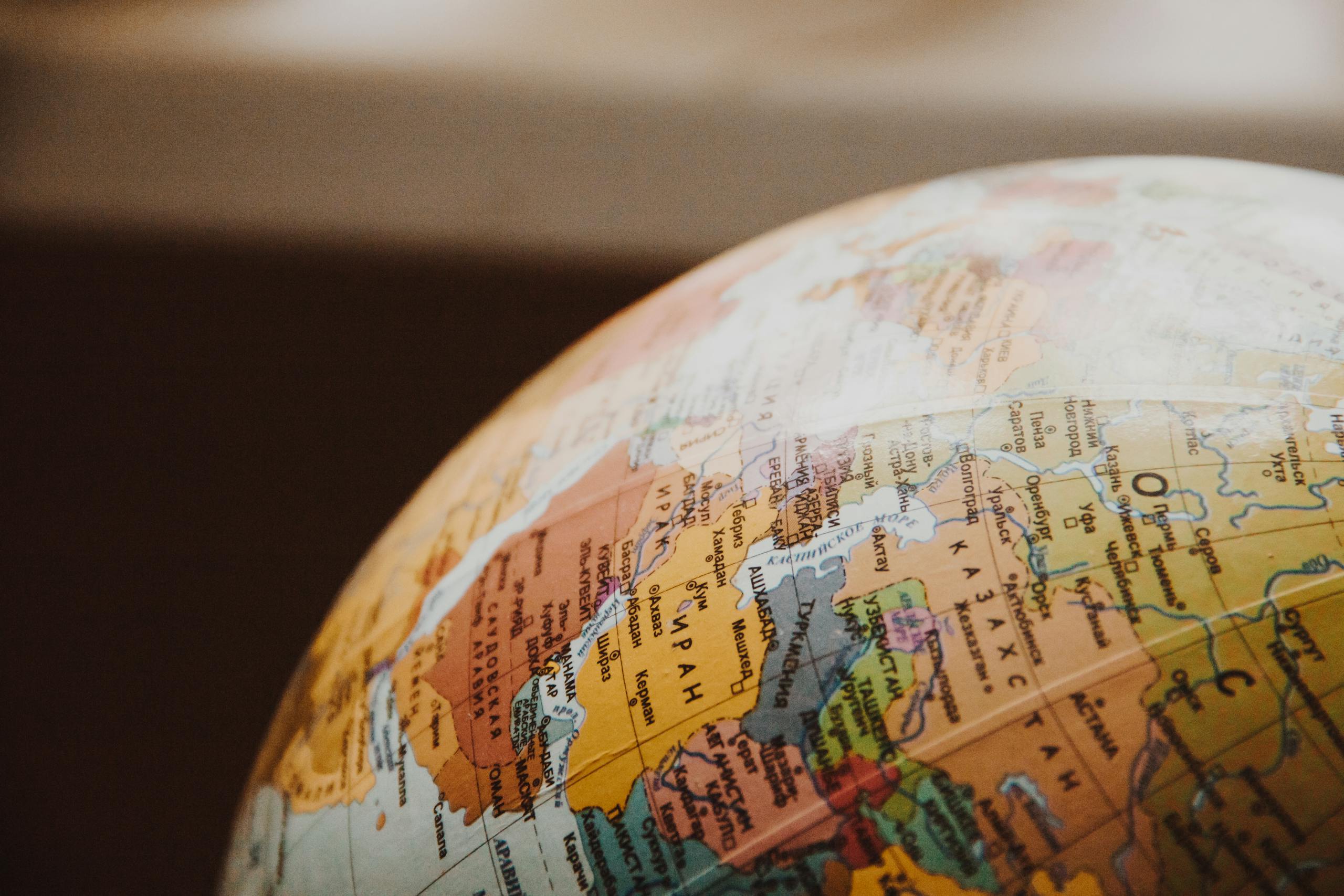Human Rights Cities: A Resource Guide
2022
Dr. Pauline Tennent
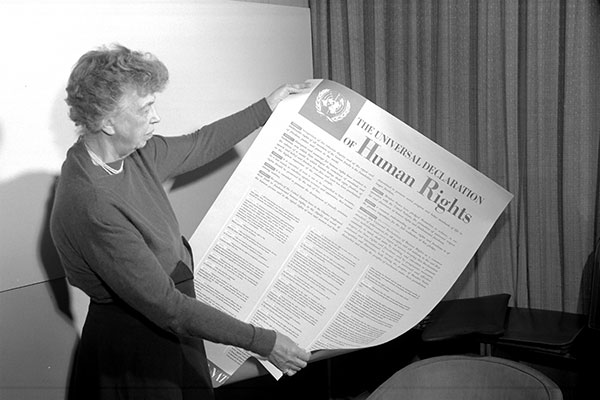
Human Rights Day is celebrated by the international community every year on 10 December. It commemorates the day in 1948 that the United Nations General Assembly adopted the Universal Declaration of Human Rights.In recognition of Human Rights Day, the CHRR alongside the Centre for Social Science Research and Policy at the University of Manitoba will host a virtual conversation entitled ‘Imagining the ‘Peg as a Human Rights City.’
For more information on Human Rights Cities, please see as a starting point:
Legal Conventions, Declarations, Frameworks
Canadian Charter of Rights and Freedoms, Part 1 of the Constitution Act, 1982, being Schedule B to the Canada Act 1982, 1982, c 11.
United Nations (UN) General Assembly. The Universal Declaration of Human Rights (UDHR). New York: United Nations General Assembly, 1948.

UN General Assembly. Convention on the Elimination of All Forms of Discrimination Against Women (CEDAW), 18 December 1979, United Nations, Treaty Series, vol. 1249, p. 13.
UN General Assembly, International Convention on the Elimination of All Forms of Racial Discrimination, 21 December 1965, United Nations, Treaty Series, vol. 660, p. 195.
UN General Assembly. Convention on the Rights of Peasants, 28 September 2018. United Nations, 39th session.
UN General Assembly. Convention on the Rights of Persons with Disabilities: resolution / adopted by the General Assembly, 24 January 2007, A/RES/61/106.
UN General Assembly, Convention on the Rights of the Child, 20 November 1989, United Nations, Treaty Series, vol. 1577, p. 3.
UN General Assembly. United Nations Declaration on the Rights of Indigenous Peoples. resolution / adopted by the General Assembly, 2 October 2007, A/RES/61/295.
UN General Assembly. International Covenant on Civil and Political Rights, 16 December 1966, United Nations, Treaty Series, vol. 999.
UN General Assembly. International Covenant on Economic, Social and Cultural Rights, 16 December 1966, United Nations, Treaty Series, vol. 993, p. 3
** For more information on the core United Nations human rights instruments and their monitoring bodies, see: https://www.ohchr.org/en/core-international-human-rights-instruments-and-their-monitoring-bodies
On Human Rights and Human Rights Cities
Danish Institute for Human Rights. 2020. Human rights impact assessment guidance and toolbox.
Global Charter – Agenda for Human Rights in the City: www.uclg-cisdp.org/sites/default/files/UCLG_Global_Charter_Agenda_HR_City_0.pdf
Human Rights Cities Alliance: www.uclg-cisdp.org/en/observatory/national-human-rights-cities-alliance
Human Rights Cities Network: https://humanrightscities.net/who-we-are/
McCracken, Molly. 2019. Poverty in the Hometown of Human Rights. Winnipeg: Canadian Centre for Policy Alternatives Manitoba Office.
Raoul Wallenberg Institute. 2020. What is a Human Rights City: https://rwi.lu.se/blog/what-is-a-human-rights-city/
Smith, Jackie and Joshua Cooper. 2019. Bringing human rights home: new strategies for local organizing. OpenGlobalRights.
US Human Rights Network: www.ushrnetwork.org/
University of Minnesota Human Rights Library: http://hrlibrary.umn.edu/
World Human Rights Cities Forum. 2014. Gwangju Guiding Principles for a Human Rights City.
MMIWG2S+
Aboriginal Justice Implementation Commission. 1999. The Deaths of Helen Betty Osborne and
John Joseph Harper. Commissioners A.C. Hamilton and C.M. Sinclair.
Amnesty International – Canada. 2004. Stolen Sisters: A Human Rights Response to Discrimination and Violence against Indigenous Women in Canada.
Gunn, Brenda. 2017. Engaging a Human Rights Based Approach to the Murdered and Missing Indigenous Women and Girls Inquiry. Lakehead Law 2(2): 89-116.
Ladner, Kiera and Shawna Ferris. A digital archive of the Walking With Our Sisters project initiated by Métis artist and activist Christi Belcourt.
National Inquiry into Missing and Murdered Indigenous Women and Girls. 2019. Reclaiming Power and Place: the Final Report of the National Inquiry into Missing and Murdered Indigenous Women and Girls.
National Inquiry into Missing and Murdered Indigenous Women and Girls. 2019. Calls for Justice.
Native Women’s Association of Canada. 2009. Voices of our Sisters in Spirit: A Report to Families and Communities. 2nd ed.
Perry, Adele, Jocelyn Thorpe and Karine Duhamel. 2021. Missing the Bus: Indigenous Women and Two-Spirit Plus People and Public Transit in Western Canada. Podcast and report available here.
On Indigenous and Human Rights
At the Forks. A meeting place for conversation and information about the intersection between Indigenous rights and human rights, with a focus on the prairies and its neighbours led by Dr. Adele Perry and Dr. Kiera Ladner, University of Manitoba.
Aboriginal Law Resources, see: https://chrr.info/other-resources/aboriginal-law-resources/
Gunn, Brenda. 2011. Understanding and Implementing the Universal Declaration on the Rights of Indigenous Peoples: An Introductory Handbook. Winnipeg.
On Human Rights Education
Freire, Paulo, 1921-1997. Pedagogy of the Oppressed. New York: Continuum, 2000.


